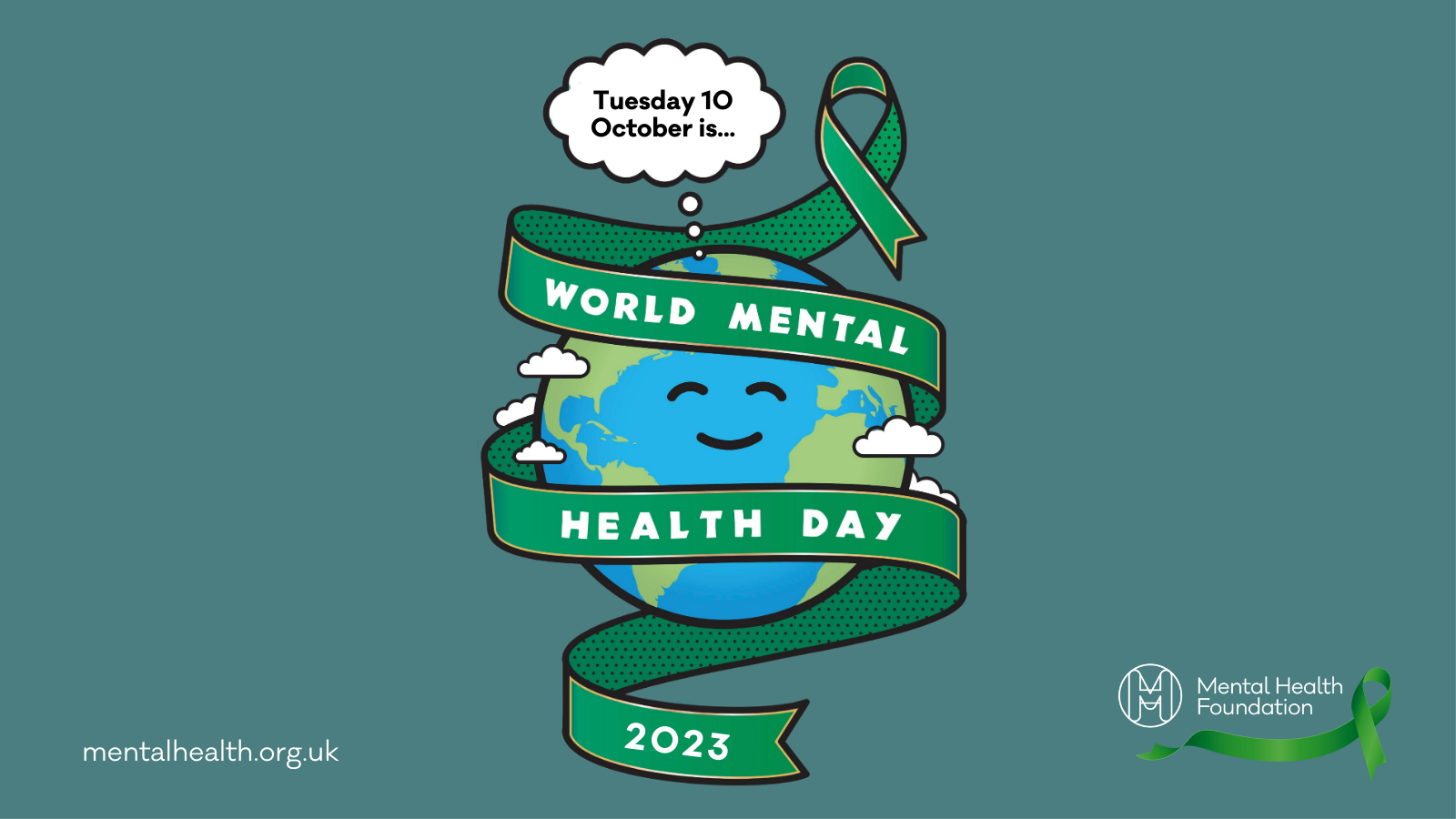According to Mind, our mental health is likely the worst it’s ever been, with one in four of us experiencing a mental health problem over our lifetime. As World Mental Health Day rolls around again this October 10th, we’ll no doubt see a spike in brands chiming in on the conversation, particularly as Mintel’s Global Consumer Trends for 2023 reveals demand for mental health and wellness-focused products is set to grow.
So is this a positive step towards raising awareness at a time when the demand for mental health services is rising and 71% of the Gen-Z audience expects brands to stand up and say something? Hopefully. But how best to tackle this sensitive topic? One thing’s for sure, it takes more than a snappy hashtag.
That’s not to say that some brands don’t make a great go of it. Lloyds Bank’s campaign, highlighting how mental health can lead to money troubles, was an enormous success. The ad featured employees, members of the public, and celebrities ‘stickered’ with different mental health conditions to #GetTheInsideOut. Working with Mental Health UK, the raised campaign £6.5 million for the charity. Similarly, Maltesers’ 2021 #TheMassiveOvershare campaign, used billboard ads to share facts and quotes on the difficulties of motherhood coupled with the challenges of navigating lockdowns, such as “7 out of 10 mums experiencing mental illness hide it” was also well-received.
Likewise, when TheLADBible, inspired by the fact that suicide is the biggest killer of men under 45, told its audience that reaching out to your mates is not a sign of weakness, it was a simple but powerful message that went a long way to encourage young men to give themselves permission to talk about the feelings of isolation, anxiety, and depression that so many currently keep secret. . Particularly as over half of all British men between 18-24 following TheLADbible.
There are others worth mentioning, too. Keeping it authentic to their brand message, Asics paired up with mental health charity Mind for their World Mental Health Day campaign to highlight the impact of exercise on one’s mental health. Their ads were based on the insight that three-quarters (73%) of Brits believe society’s obsession with the perfect body is damaging their mental health. And fashion brand Monki’s three-part video campaign, ‘All The Feels’, saw influencers and mental health advocates discuss their positive and negative experiences with social media. Rather than go at it alone, the brand teamed up with Mental Health Europe and became part of a bigger campaign on empowering women to speak openly on topics important to them, increasing its impact. Bravo.
But sometimes getting it right can be a real burger. In 2019, the popular fast food chain Burger King, in partnership with Mental Health America, launched the “Real Meals” campaign. An obvious dig at McDonald’s Happy Meals’, it consisted of five different meal deals (including the Pissed Meal, the Blue Meal, and the ‘DGAF Meal) with the tagline ‘not everyone can be happy all the time, and that’s okay.’ Unfortunately, it created a sizzle for all the wrong reasons, suggesting that the brand ‘DGAF’ about mental health – but just wanted to get one up on their rivals. Similarly, many felt Public Health England and the NHS’s joint Every Mind Matters campaign also missed the mark. The video promoting the campaign featured members of the Royal Family discussing the feelings of life getting on top of you, and how this might translate into feeling low, anxious, or stressed. It quickly received backlash, focusing on the fact that those suffering with chronic mental health issues who’ve been stuck on lengthy NHS waiting lists for therapy and support.
What it all boils down to is authenticity. Do you, as a brand, really have the authority to comment on mental health? Does speaking up on mental health relate to your core values? The problem with the last two campaigns is that they don’t appear to show tackling mental health as an ongoing priority, but rather a ‘tick box’ exercise, trivialising the issue rather than genuinely trying to generate awareness. Another difference between campaigns that work, and those that don’t, is the action taken during and after the campaigns to promote social change. As the saying goes, actions speak louder than words.
The takeaway? Before you jump on the ‘it’s okay to not be okay’ bandwagon, really think about your intention and the way it’s executed. Is it encouraging people to seek support, or helping them to support themselves? What’s the impact beyond the campaign itself? Is there an element of fundraising? Does the message come first, the product, second? Could the messaging and language be seen as trivialising the issue? If the answer is yes, you might need to go back to the drawing board.
As Campaign Against Living Miserably (CALM) head of brand and marketing Dipika Saggi says, “Some brands start a conversation on World Mental Health Day and go quiet for the other 364 days. People see through it; your audience knows it’s not part of your values and beliefs. By the end of it, you’ve probably done more damage to the conversation (and your brand) than good.”
Seems your mum had it right when she said, ‘If you can’t do something properly, don’t bother doing it at all.’
